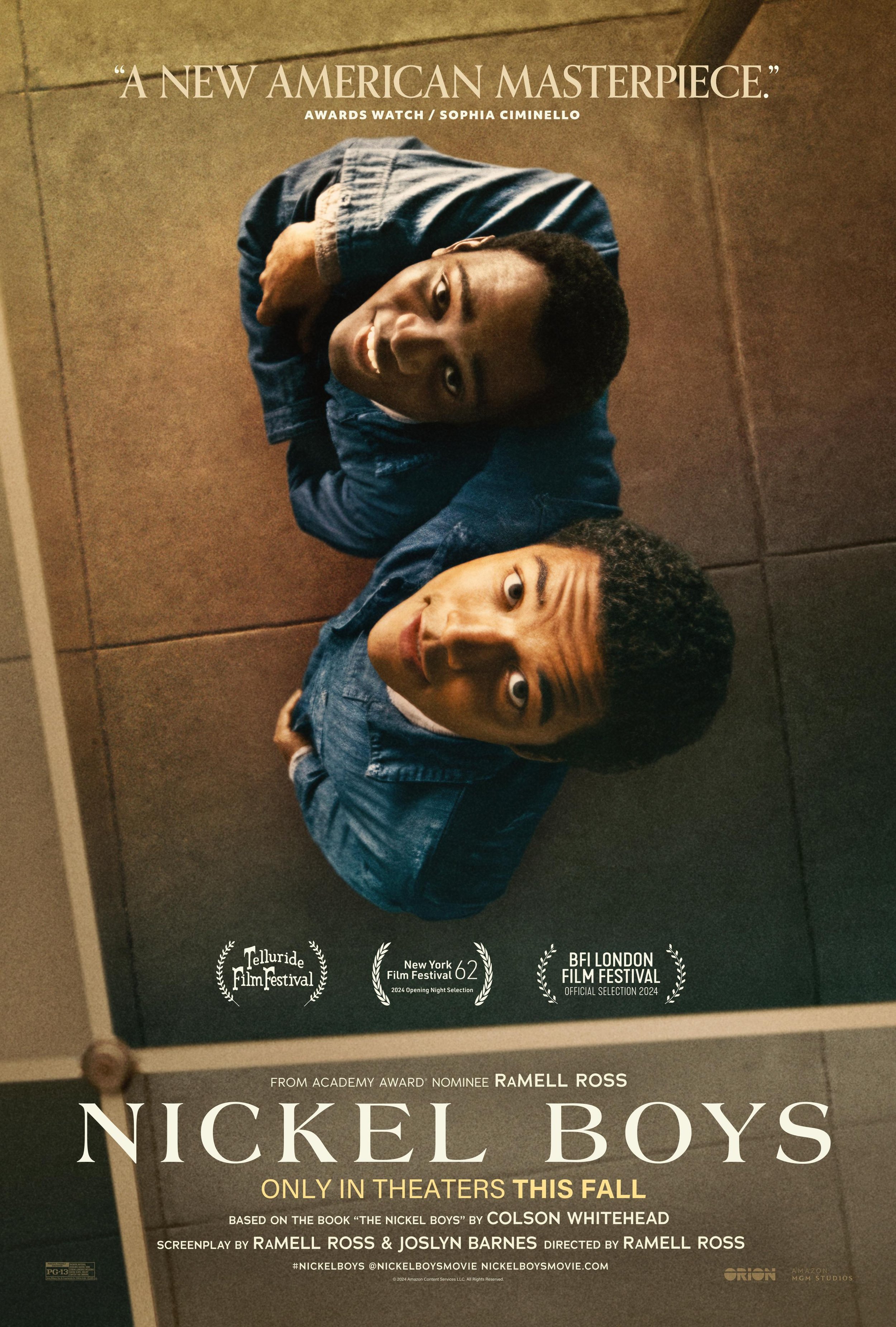Literary Adaptations: Transforming Books into Captivating Films
The Nickel Boys
Why is it that so many white audiences and critics seem to deem stories of Black pain and suffering as “fantastic” or “masterful”? Who are these movies really made for? That’s the question I can’t get out of my head. While The Nickel Boys is undoubtedly an important story, I worry about whether its adaptation truly honors the experiences of those it represents—or if it’s another film designed to make certain audiences feel enlightened at the expense of reliving Black trauma.
I know it might sound silly, especially since I’ve watched films like Schindler’s List and The Color Purple. Those movies were haunting, yes, but they also stuck with me in a way that felt important.
Maybe it’s just that I’m older now, and I find it harder to take on stories like this. Even books can haunt you long after you’ve read them, and films—because they’re so visual—have an even stronger impact.
The Nickel Boys movie came out in 2024, directed by RaMell Ross. It’s a historical drama with Ethan Herisse and Brandon Wilson as Elwood and Turner, the two African-American boys who end up at the abusive reform school in 1960s Florida. The film has been praised critically, and I’m sure it’s done well in terms of honoring the book’s message.
But for me, the idea of watching it feels almost impossible.
I’ve been thinking a lot about the way books get turned into movies or TV shows, especially the really traumatic ones. The Nickel Boys by Colson Whitehead is a book that I found incredibly hard to get through because of how heavy and devastating the story is.
When I heard it was being made into a movie, I couldn’t help but question why. It’s not that I don’t understand the importance of the story—far from it. The book is based on real-life events tied to the Dozier School for Boys, a reform school in Florida where unspeakable abuses took place.
These are stories that need to be told, but I can’t imagine watching this on screen. The images I built in my mind while reading the book were already more than enough. I’m honestly afraid that seeing it on screen would make them worse, and I’m not sure I’m ready for that.
My friend Soraya feels differently. She’s excited to see the movie, especially because a well-known cinema critic has praised it as a masterpiece and says it deserves a Golden Globe. I understand her enthusiasm, but I’m more cautious. To be honest, I’m always a bit suspicious when white critics heap praise on Black cinema, especially for films centered on trauma. Too often, it feels like they’re drawn to what I call “trauma porn.”
Make it stand out
Whatever it is, the way you tell your story online can make all the difference.
I can’t stop asking myself why some stories, especially the most painful ones, need to be adapted. I get it—movies reach more people. They spark conversations and keep history alive in a way that books sometimes can’t. But I wonder if the act of turning these stories into something visual risks sensationalizing them.
Does the film honor the depth of the book, or does it take away the personal space readers have to process trauma at their own pace?
Reading The Nickel Boys was already a difficult but meaningful experience. It made me think about injustice, resilience, and the weight of history. But I could put the book down when I needed to. I could take breaks, let the story sink in slowly, and deal with the emotions in my own time. A movie doesn’t give you that kind of control, and that’s what scares me.Some stories—like Schindler’s List or The Color Purple—have stayed with me for years after watching them. They haunt you, but in a way that feels like it’s teaching you something important. With The Nickel Boys, I just don’t know if I’m ready to take that step. Maybe the book gave me enough, and I don’t need to revisit it in another form.



